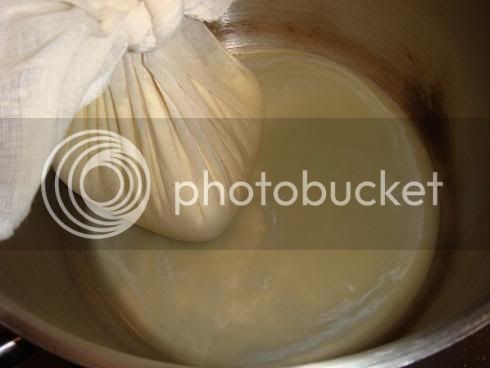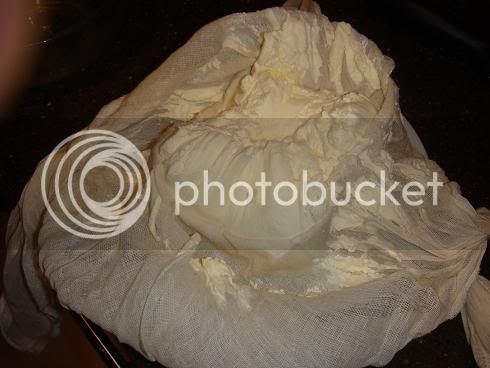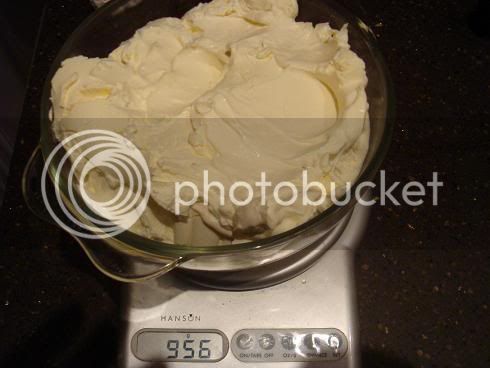Dunfie
Regular.
I've never made cheese before but bought a couple of cheesemaking books some time ago but never actually got around to it. I decided that it was time to finally grasp the nettle and have a go. I found a company called Goat Nutrition Ltd who supply the stuff I needed.
In the end I needed some cheesecloth, liquid rennet and some starter culture - it only cost a few quid and will can be used for a few batches of cheese (if it works out well). :pray:
I have been pulling this together "Brew Day" style and thought others might be interested in the process I have followed so far. If you are then read on and hopefully I will be able to report good news at the end.
In the end I needed some cheesecloth, liquid rennet and some starter culture - it only cost a few quid and will can be used for a few batches of cheese (if it works out well). :pray:
I have been pulling this together "Brew Day" style and thought others might be interested in the process I have followed so far. If you are then read on and hopefully I will be able to report good news at the end.




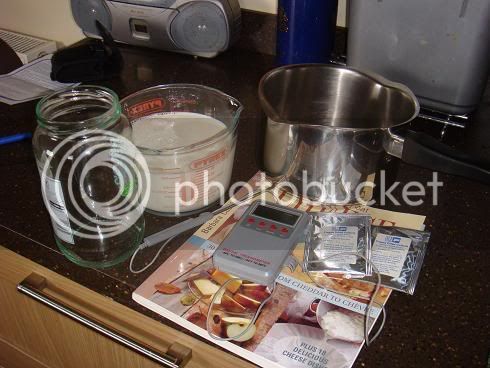
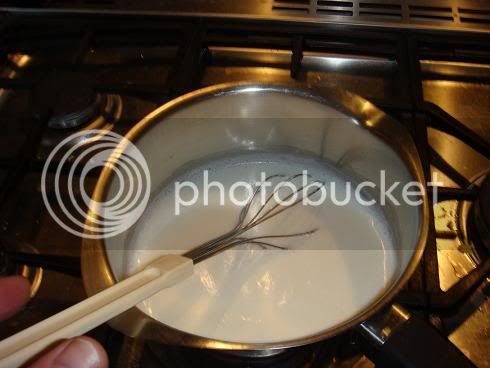
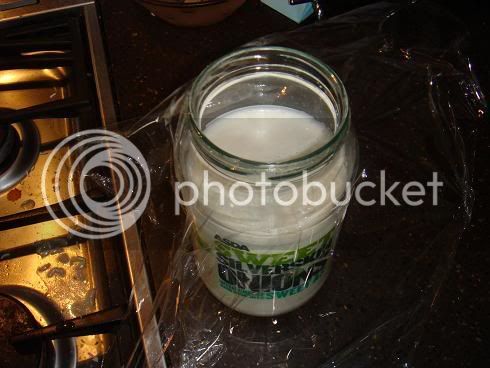
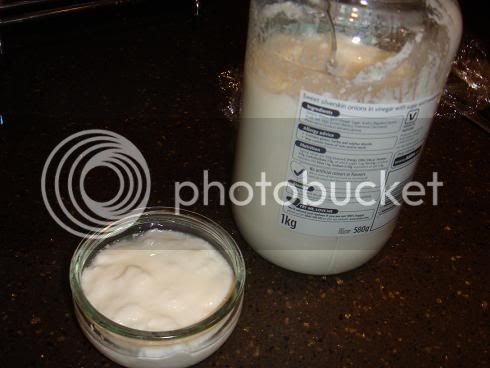
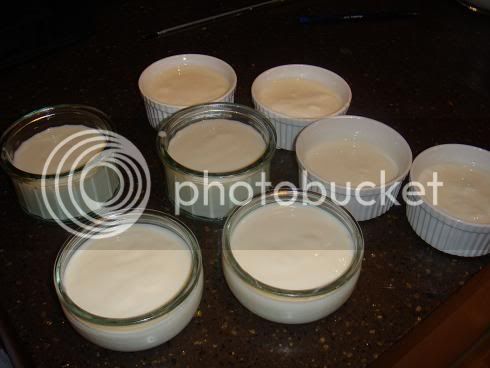
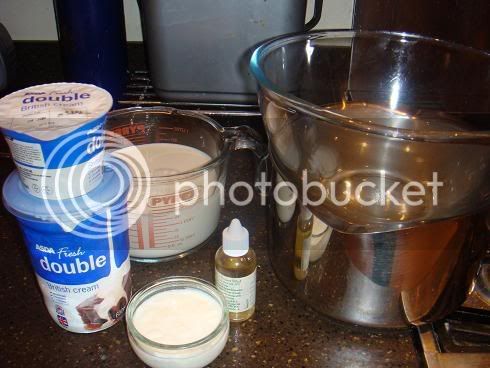
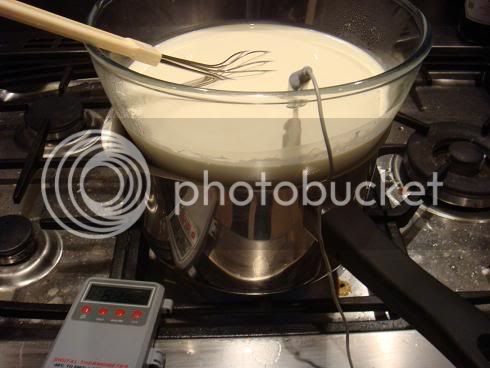
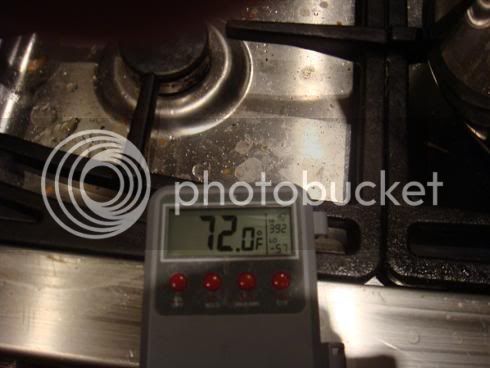
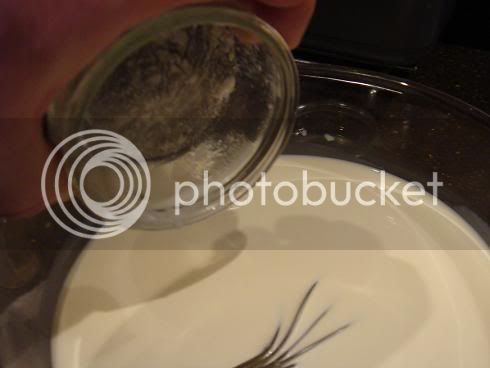
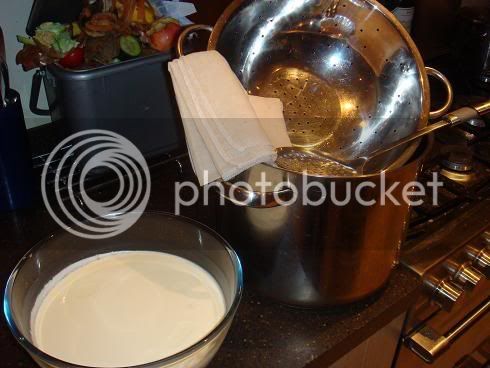
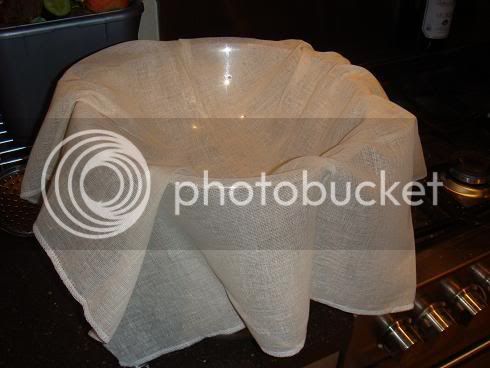
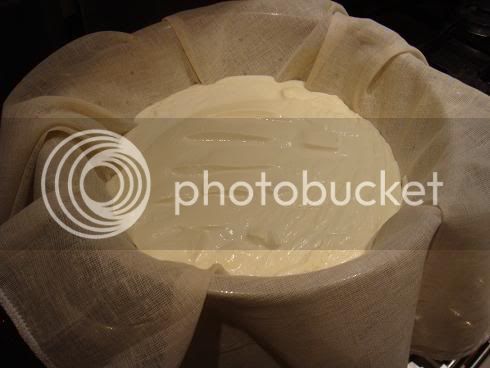
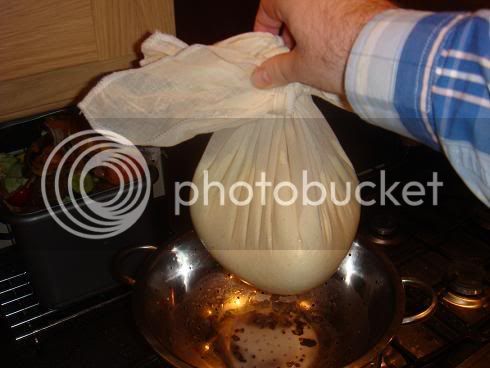
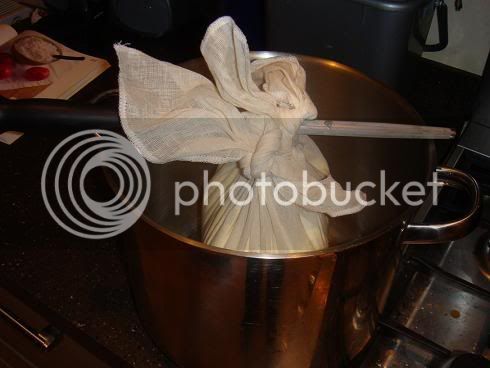























![BREWING THERMOMETER STICKERS ACCURATELY MONITOR FERMENTING BEER & WINE LIQUID TEMPERATURES 5PCS HOME BREW SPIRITS WINE LCD ADHESIVE [US]](https://m.media-amazon.com/images/I/311DDjo2X3L._SL500_.jpg)















